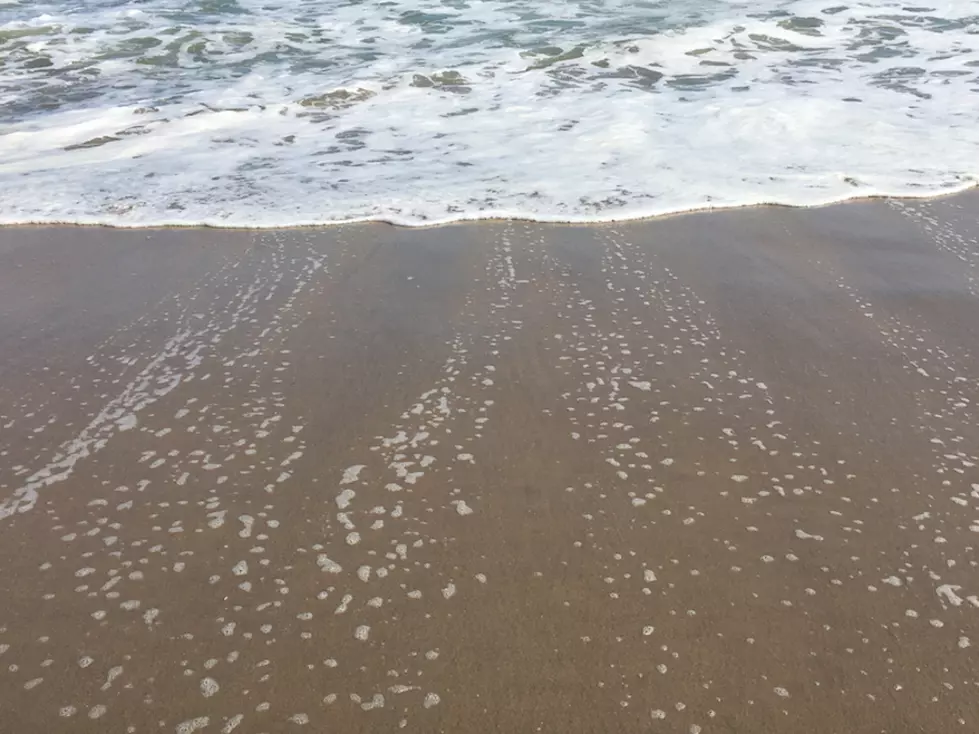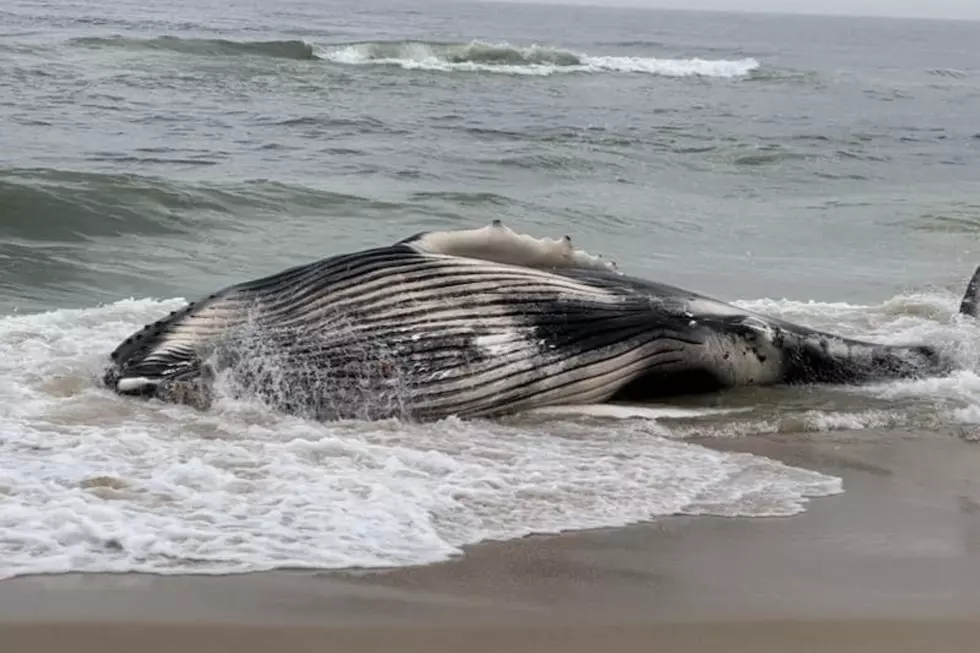
NJ Shore Still Recovering from February Storm But Ready for Summer Crowds
ASBURY PARK — Memorial Day Weekend may not provide ideal beach conditions, but in any event, officials and experts want you to know that New Jersey's coast is ready to take on the eventual droves of swimmers and sunbathers.
At a State of the Shore event sponsored by the New Jersey Sea Grant Consortium, the Department of Environmental Protection announced that water quality is excellent ahead of the unofficial start to summer. As of late Thursday, there were zero beach closures or advisories based on water sampling and coastal monitoring flights.
Advisories and closures are rare; they're typically the result of heavy rainstorms that carry nutrients and bacteria into the water. Wednesday night drenched the Garden State following an extensive period of dry weather, and rain is expected to fall during a good portion of the holiday weekend.
"Through our Cooperative Coastal Monitoring Program, the DEP helps monitor the safety of our coastal beaches so that our residents and visitors can relax and enjoy the Jersey Shore with peace of mind. So, let's get outside and have the best Jersey summer yet," said Acting Commissioner Shawn LaTourette.
Water quality sampling at ocean beaches in 2020 produced acceptable results over 99% of the time.
LaTourette noted that New Jersey residents have an extra reason to visit the shoreline this summer — free passes to state parks such as Island Beach State Park are available for anyone who's received at least one dose of a COVID-19 vaccination by July 4.
The size and protective ability of New Jersey's beaches have held up quite well since last summer ended, according to Jon Miller, a research associate professor at Stevens Institute of Technology in Hoboken and the Sea Grant Consortium's coastal processes specialist.
This past winter was relatively mild in the way of major storms, with the exception of a nor'easter in early February that dropped feet of snow in spots and caused significant erosion in parts of Ocean and Cape May Counties.
"We're prepared to absorb a blow from a storm such as Orlena," Miller said. "The thing to keep in mind is that when we don't see any impact to structures along the beach, or roadways, it's basically because the beach and dunes are absorbing that impact."
Prior beach nourishment projects helped protect shore communities from the February storm, DEP said.
"Favorable weather conditions since then have helped the beaches to recover," the department said. "They are in good condition entering the beach season."
The Tastiest Jersey Shore Food Trucks You Should Try This Summer
More From WPG Talk Radio 95.5 FM










